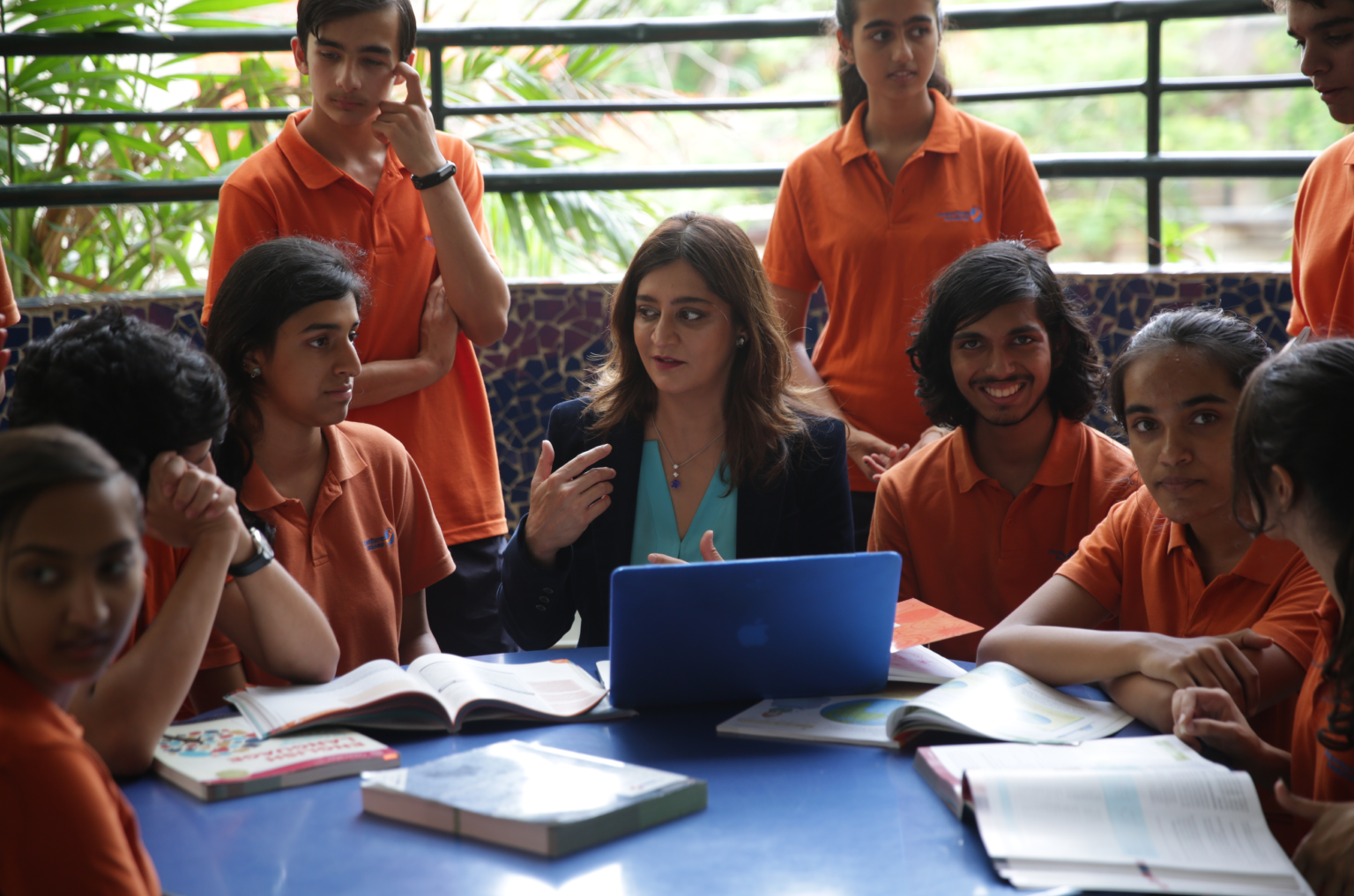Table of Contents
ToggleIntroduction
In recent years, the use of AI in education has dramatically increased, proving to be transformative for both teachers and students. From lesson planning to personalized learning with AI, innovative tools like ChatGPT, Diffit, SlidesGo AI, and Claude 3.5 Sonnet are redefining what the future of learning looks like. As technology continues to shape classrooms, these AI tools are not only increasing productivity but also creating more engaging and effective educational experiences , embodying the principles of Technology for Smart Classrooms.
AI Tools Transforming Productivity for Teachers
Key AI Tools: Diffit, ChatGPT, and SlidesGo AI
Teachers today are overwhelmed with tasks—lesson plans, grading, worksheets, presentations. This is where AI tools like Diffit, SlidesGo AI, and ChatGPT for teachers step in:
- Diffit: Customizes learning material based on students’ ages and needs.
- SlidesGo AI: Generates high-quality presentations using AI.
- ChatGPT: Assists with topic-wise question creation, test grading, and worksheet ideas.
How AI Reduces Teacher Workload
Here’s a snapshot of how these tools reduce manual effort and stress for educators:
AI Tool | Benefits |
Diffit | Saves time, reduces fatigue, and enhances content personalization |
SlidesGo AI | Produces error-free, accurate presentations |
ChatGPT | Streamlines grading and content generation for classes |
These AI tools lead to less stress, fewer manual tasks, and more time for teachers to engage with students meaningfully supporting High Quality Learning outcomes.
Teacher Feedback from Inventure Academy
Teachers at Inventure Academy have noted that integrating these AI tools has improved their quality of work, enhanced lesson delivery, and significantly reduced the mental load. The adoption of AI in the classroom has allowed for better planning, more engaging content, and greater productivity.all contributing to Empowering Faculty and Students.
AI Tools Enhancing Student Learning
Claude 3.5 Sonnet: A Tool for Personalized Learning
For students, Claude 3.5 Sonnet is a powerful AI tool that transforms the way they learn. It generates custom visuals and graphs from student prompts, making abstract topics more accessible and easier to understand.
Benefits of AI-Based Learning Compared to Traditional Methods
Using Textbooks | Using Claude 3.5 Sonnet |
Limited to text-based learning | Engaging visuals that clarify complex topics |
No feedback loop | Continuous, real-time feedback for improvement |
Standardized assignments | Personalized one-on-one assistance with homework and concept clarity |
AI personalized learning empowers students to learn at their own pace and revisit concepts as needed, increasing learning proficiency and reducing exam anxiety.
The Future of AI in Schools
Long-Term Benefits of AI in Education
When integrated responsibly, AI can:
- Improve exam performance
- Spark curiosity through visual and interactive content
- Help with emotional regulation by reducing academic pressure
- Support better classroom management and productivity
Balancing AI and Traditional Education Methods
While AI brings innovation, teachers remain central to the learning journey. AI tools should enhance—not replace—the role of educators. Textbooks and structured classrooms still provide foundational learning, while AI adds interactivity and customization.
The Need for Responsible AI Integration in Schools
As AI usage grows, so does the responsibility to ensure ethical use. Schools must:
- Choose tools with proven educational value
- Maintain data privacy
- Provide training for educators on effective implementation
Conclusion
AI in schools is no longer a futuristic idea—it’s here, and it’s transforming how teachers teach and students learn. From automated lesson plans to visual learning tools, AI offers a blend of personalization, productivity, and engagement that traditional methods alone can’t match.
At Inventure Academy, we embrace technology to support our educators and ignite student curiosity. With the right balance of AI tools, traditional learning, and human connection, we are preparing students not just for exams, but for a rapidly changing world.



